In celebration of International Zero Waste Month, the Philippine Reuse Consortium (PRC), the Philippine chapter of the Asia Reuse Consortium, was officially launched in Quezon City on January 27, 2025. This initiative marks a pivotal step in addressing the persistent problem of single-use plastics (SUPs) in the country through innovative, community-driven reuse and refill solutions.
The launch concluded a three-day workshop organized by Greenpeace Philippines and the Mother Earth Foundation, in collaboration with regional partners such as Plasticdiet Indonesia, GAIA Asia Pacific, and the Break Free From Plastic movement. Key discussions focused on local initiatives like zero waste sari-sari stores, carinderias, and reuse-and-refill enterprises such as Back-to-Basics and Sabon Express, which highlight the feasibility of scaling these models within the Philippine context.
A Roadmap for Reuse
The Consortium unveiled a five-year roadmap outlining 10 key action points aimed at mainstreaming reuse systems in the Philippines. This ambitious plan prioritizes progressive legislation, public awareness, financial investments, and fair treatment for waste workers as essential components of transitioning to a reuse economy.
Among the goals is to establish partnerships between policymakers, businesses, and communities to institutionalize reuse systems, addressing the urgent need for solutions to plastic pollution. Research has shown that reuse systems can reduce plastic waste by 30% and cut packaging-related greenhouse gas emissions by up to 80% by 2040.
Key Initiatives
The PRC’s roadmap highlights several vital steps, including:
- Advocating for progressive laws supporting reuse systems.
- Promoting public campaigns to raise awareness of reuse benefits.
- Scaling local reuse models and empowering waste workers.
- Developing training programs and financial frameworks to expand reuse systems.
Voices of Change
Greenpeace Philippines Zero Waste Campaigner Marian Ledesma emphasized the need for systemic support:
“A reuse-based economy in which every Filipino has access to reuse systems is possible. Communities are leading this shift, but businesses and national policymakers must act to mainstream reuse and refill solutions.”
Rap Villavicencio, Deputy Director for Programs of Mother Earth Foundation, highlighted the potential of local initiatives:
“Zero waste sari-sari stores and carinderias have shown potential in driving cultural shifts. But systemic change requires strong policies and multi-sectoral support.”
Froilan Grate, GAIA Asia Pacific’s Regional Coordinator, added:
“Frontline communities and waste workers are key to building effective reuse systems. Their inclusion ensures sustainability and fairness in reducing plastic waste.”
A Collaborative Effort
The Philippine Reuse Consortium aims to foster partnerships that encourage businesses to integrate reuse into their operations while empowering communities to adopt sustainable practices. By leveraging existing models and creating enabling policies, the initiative hopes to make reuse systems a standard in the fight against plastic pollution.
Stay tuned for updates on the Consortium’s progress and learn how you can contribute to a plastic-free future.
![The Philippine Reuse Consortium 2 [Photo credit: Albert Lozada (Greenpeace PH)]](https://ecofriendlytip.com/wp-content/uploads/2025/01/The-Philippine-Reuse-Consortium-2-_-Photo-by-Albert-Lozada-Greenpeace-PH.jpg)
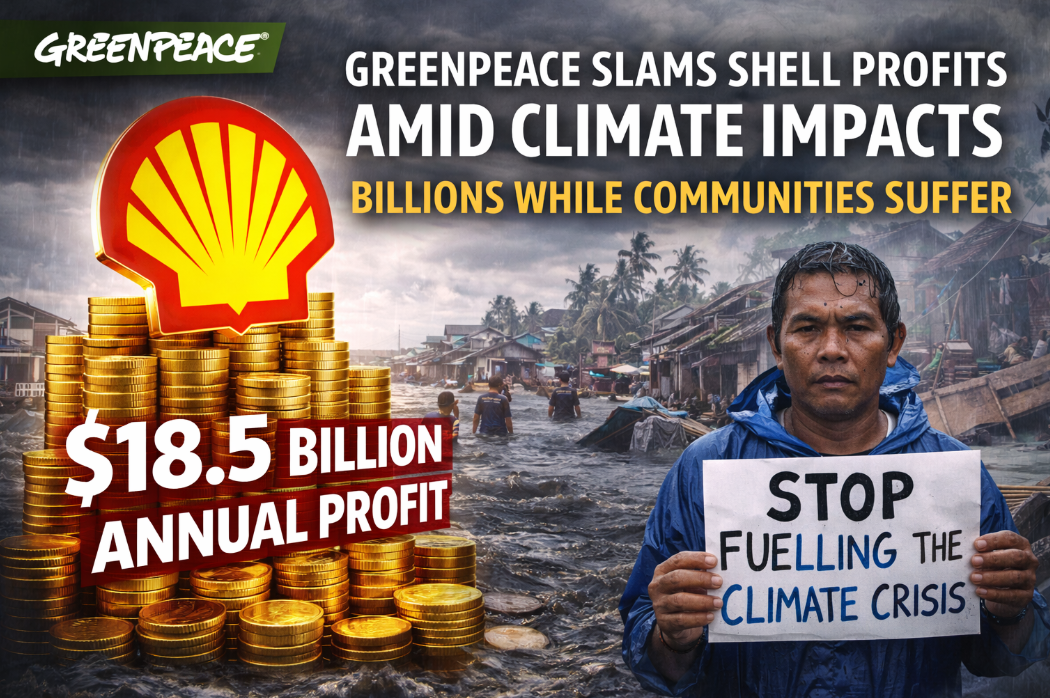
![The landslide draws parallels to the Payatas tragedy 25 years ago. [photo credit: The Freeman Facebook]](https://ecofriendlytip.com/wp-content/uploads/2026/01/612956653_1222808069988718_2520356168325713841_n.jpg)
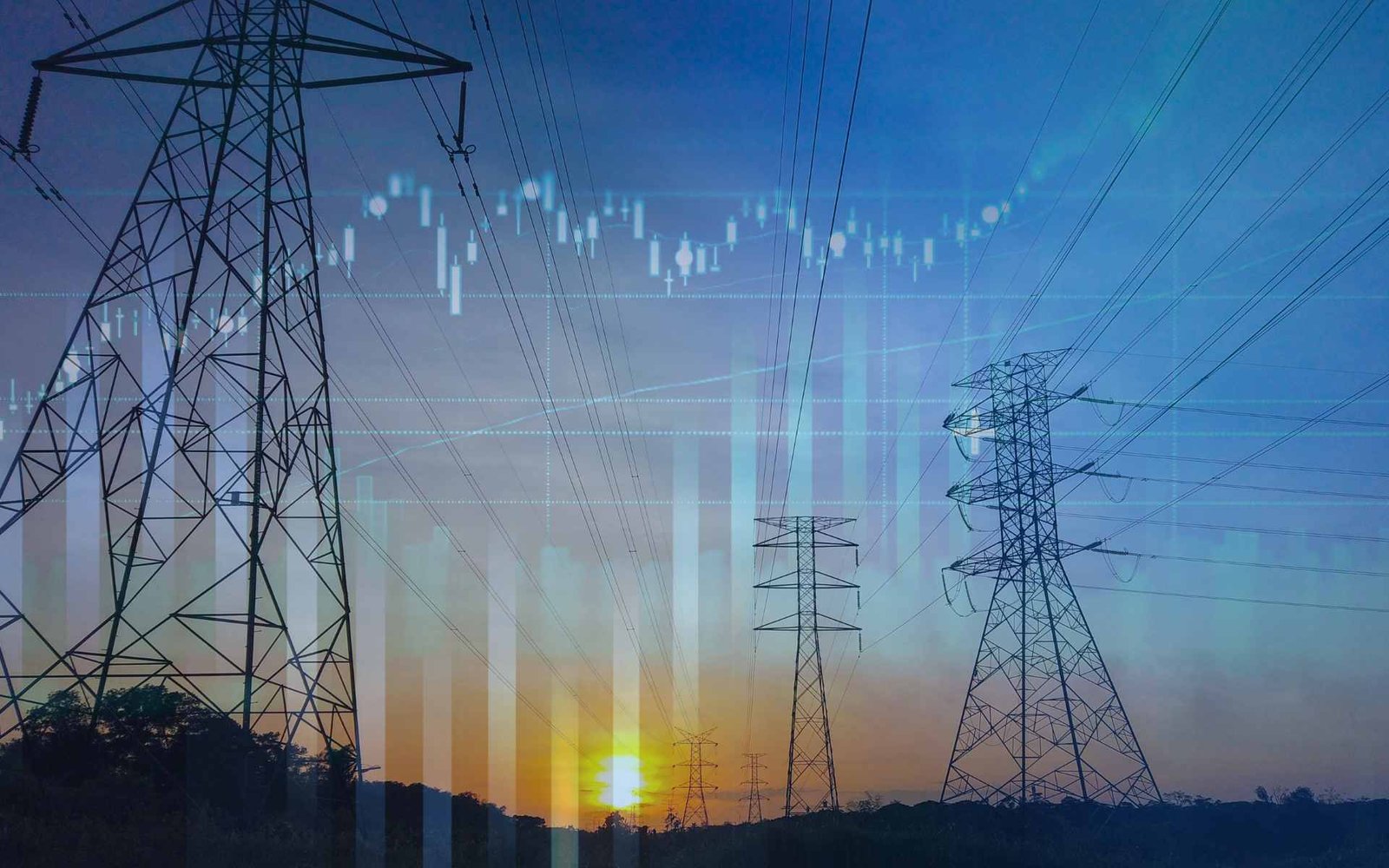
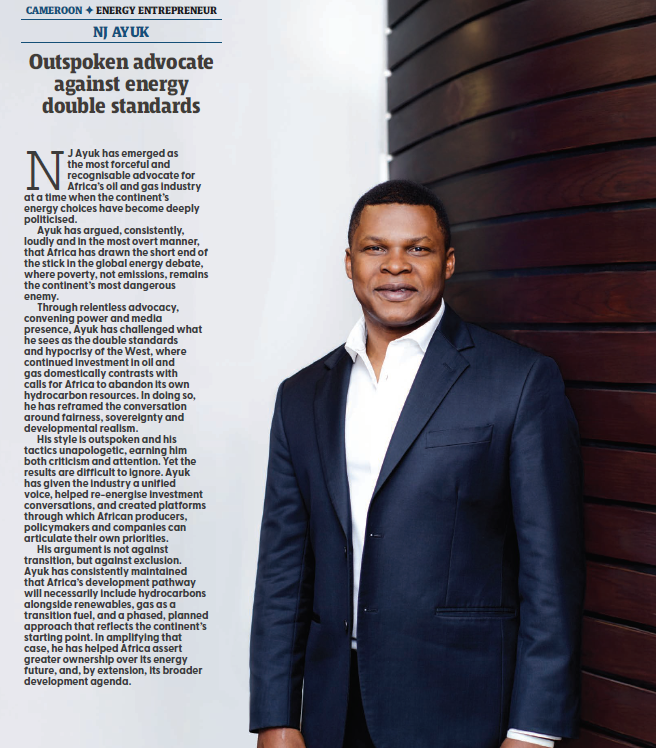
![Greenpeace calls for accountability as Filipinos rebuild after Uwan’s devastation. [photo credit: Jilson Tiu | Greenpeace]](https://ecofriendlytip.com/wp-content/uploads/2025/11/JTIU7946-scaled.jpg)
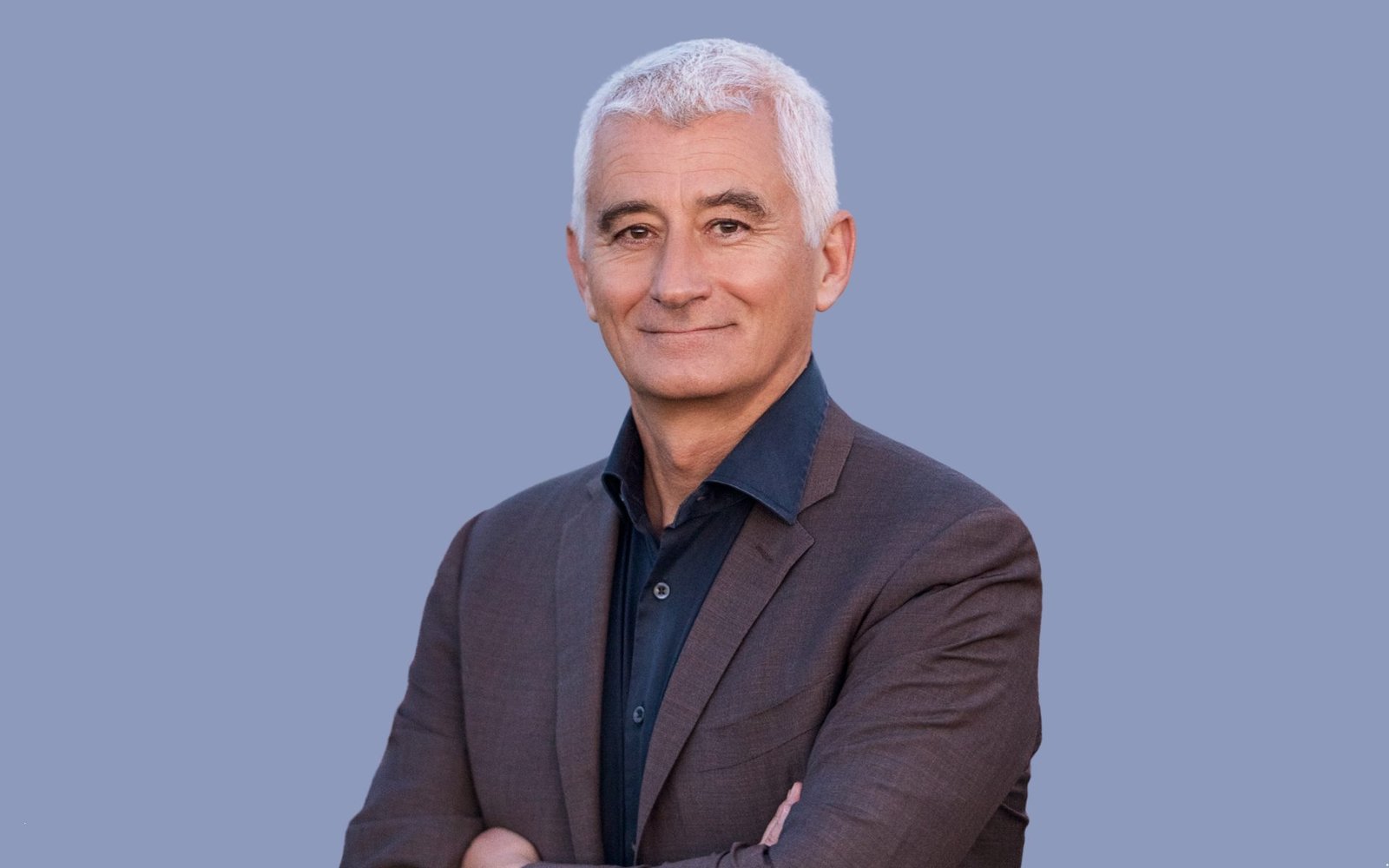

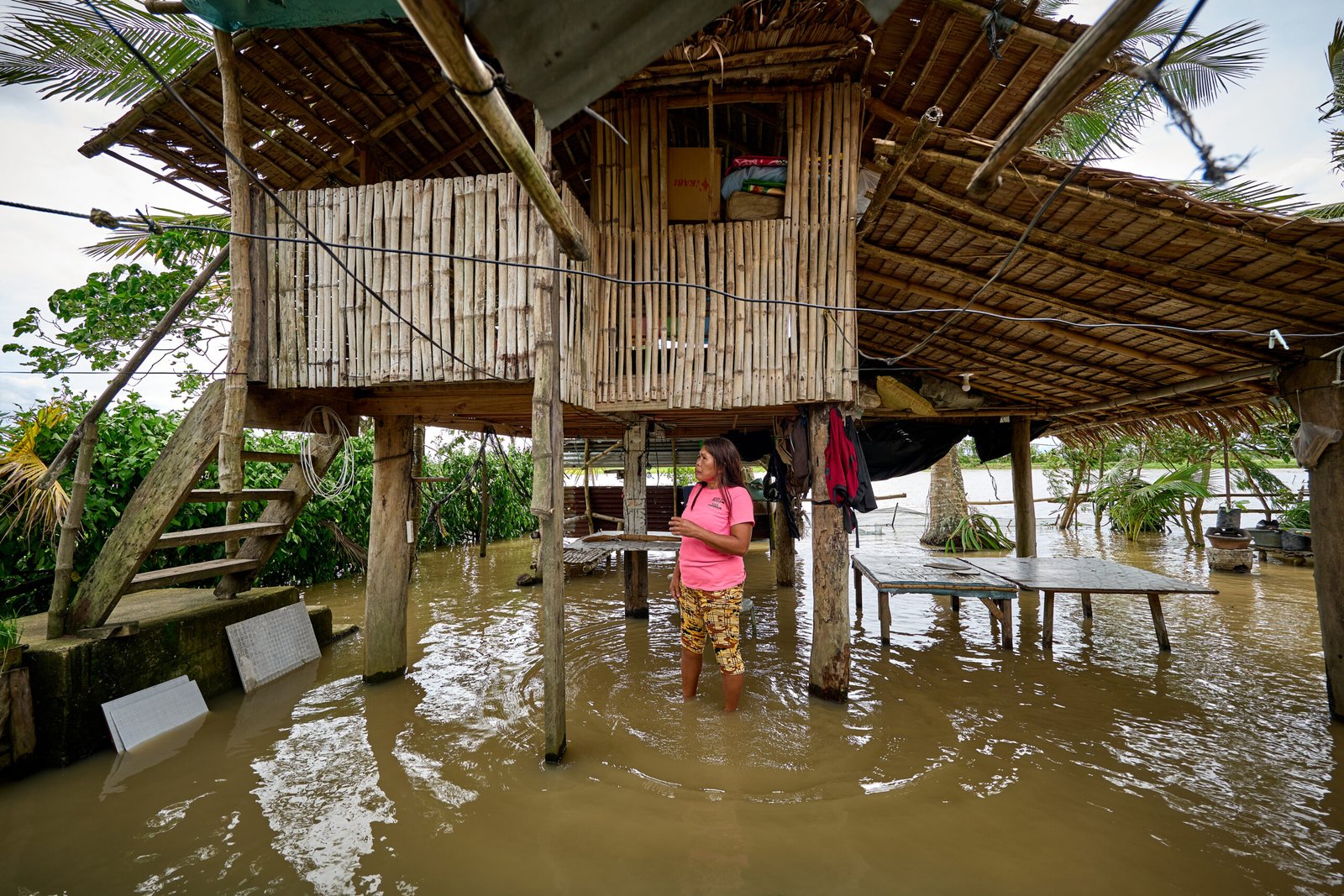
![Environmental groups warn that delays worsen the impacts of plastic pollution worldwide. [photo credit: Trixie Guerrero | Break Free From Plastics]](https://ecofriendlytip.com/wp-content/uploads/2025/08/GP0SU6DVW_PressMedia-2500px.jpg)

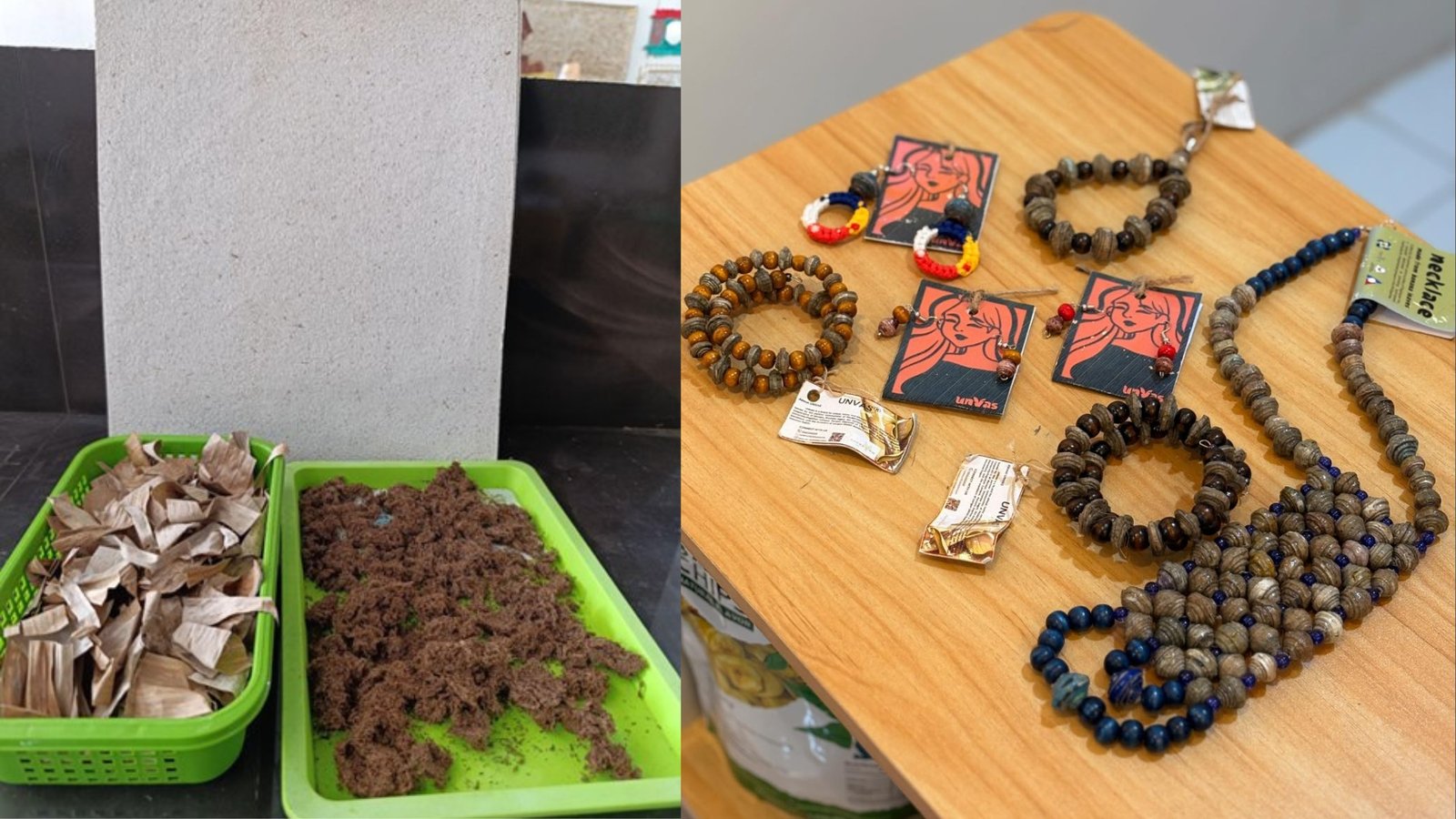
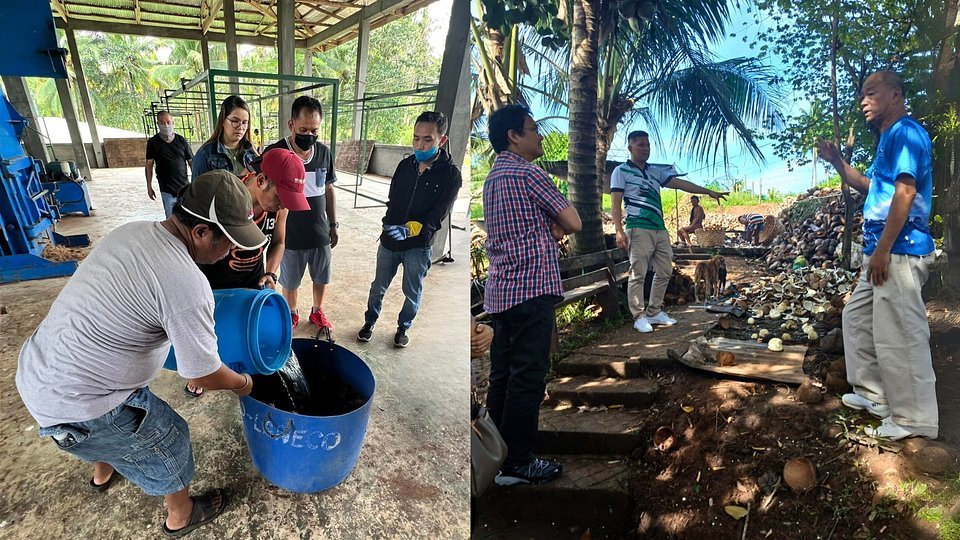


Leave a Reply